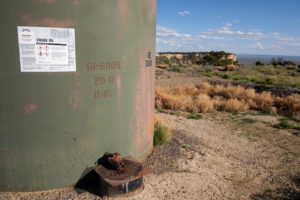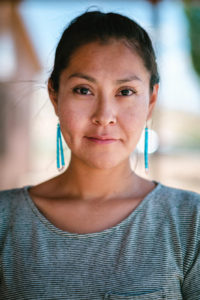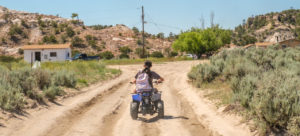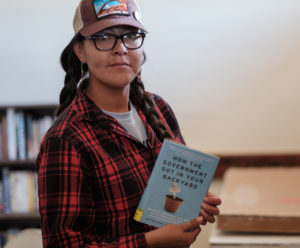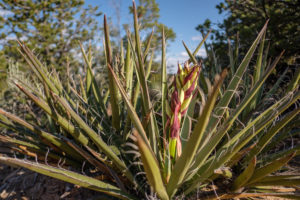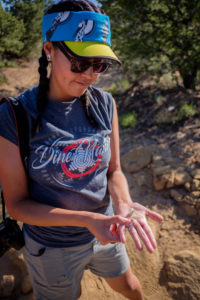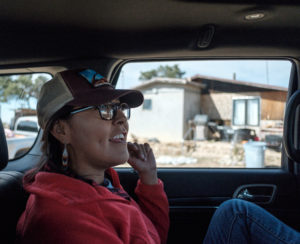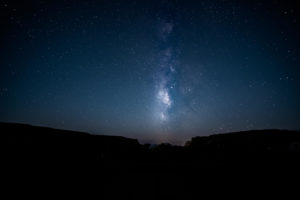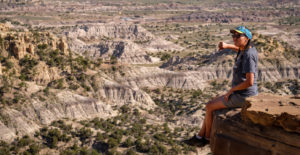KENDRA
“We’re still fighting.”
“It’s like what does [my little sister] need? Water, air, just like we do.”
“A lot of [local] people I think don’t speak, because they think it has nothing to do with them. Like, oh, well if I say something, then what’s it going to matter? I’ve had people tell me that. They’re like, ‘Why do I need to say something? They don’t listen, they don’t care.'”
“I’ve been talking a whole lot this past year, they’re giving me these great opportunities to go to D.C. … I’ve been telling them we’re struggling out here. Things are different. Things are getting worse, things aren’t better.”
“You know, [the oil companies] made almost twenty million dollars out here but when you drive through here can you tell that?… We don’t have any rec centers, we don’t have a police department, we don’t have a fire department.
“They’re taking from us, that’s all they’re doing is they’re taking from us. When they say, oh, all money goes back to the community through royalties or bonuses… they think that it will cover these damages that we’re experiencing. And it’s like, no, there will never be enough because what they’re doing will never be taken away.”
“It’s going to be there, just sitting there, rotting. They don’t care. Once it stops producing, that’s it. They just leave. There are tons of abandoned sites around here, tons. And when you look at them, they’re all silver and rusty. They’re just sitting there, staring back. You know, doing nothing, but having lots of effects on us.”
“When my mom explains to [my grandma] what’s going on out here, she’s like, oh well. She says it’s not the same. The land is not the same, she knows… We were just hunting for wild onions a month ago and she’s like ‘Where are they?’ Because they’re not growing like they used to.”
“I want to learn what herbs they use… That’s the kind of things I want to know, I want to learn what can we use here and not need to go to a pharmacy where they charge like four dollars for clean witch hazel.”
“People use the Yucca roots to wash their hair. It kinda soaks up once you start breaking it. It’s pretty cool. My grandma likes to use it. I remember one time she sent me outside, around January, and she’s like ‘Go get me a Yucca!’ And I got like an inch into the ground and it was frozen solid. I was laughing, ‘I don’t know grandma, you’re going to have to wait a couple more months, there is no way I’m getting through the ice.'”

